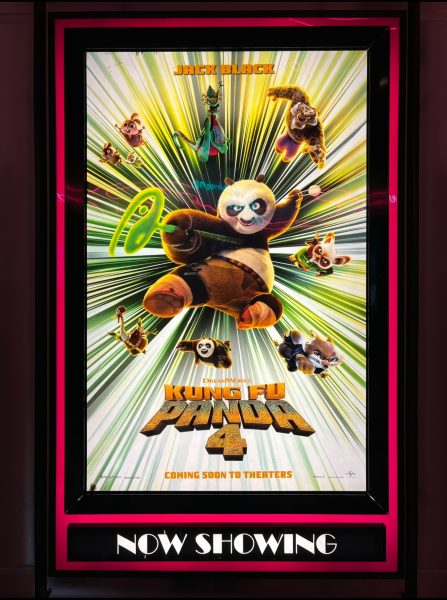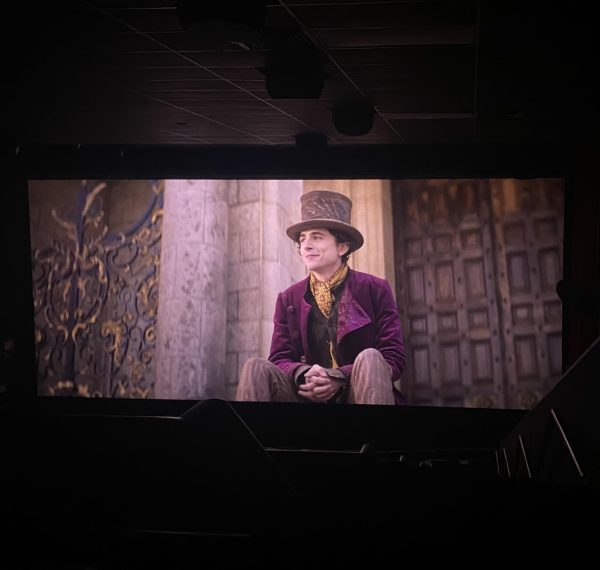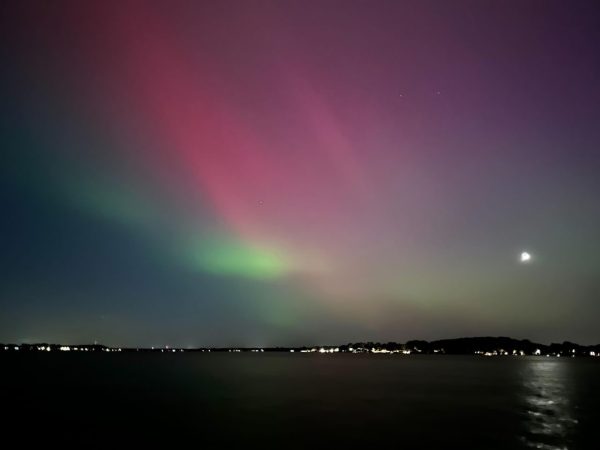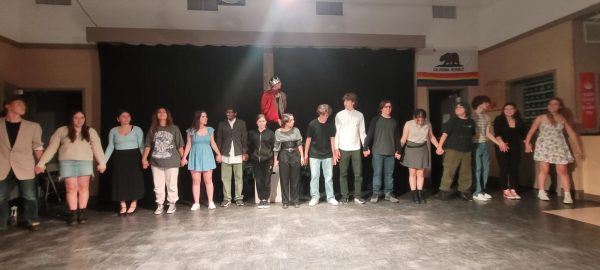Review: “Wasteland, Baby!” Is Perfectly Crafted
Hozier rose to worldwide fame in late 2014 with the release of his chart-topping single “Take Me To Church,” which rocked the world with his powerful vocals and resonating message. His voice and messages were further amplified on the first of March, with the release of his newest album “Wasteland, Baby!”
“Wasteland, Baby!” graced the world’s presence on March 1, 2019, to millions of anxious listeners. Those who anticipated the release were pleased to witness 11 brand new songs, and 3 songs pulled over from a previous EP entitled “Nina Cried Power.” Each song feels carefully crafted with love and appreciation for the material. Some notable tracks throughout the album, for either their uniqueness or their power, are “Nina Cried Power (ft. Mavis Staples),” “To Noise Making (Sing),” “Talk,” and the titular track “Wasteland, Baby!”
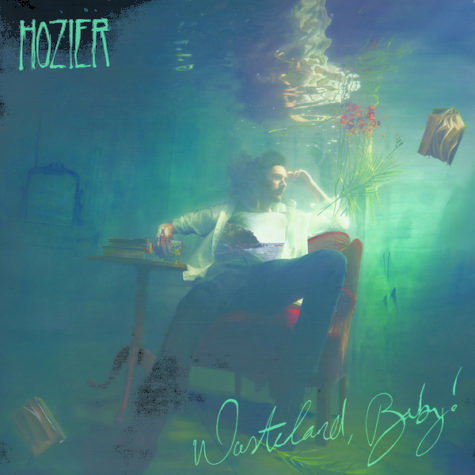 “Nina Cried Power” is a powerful rock ballad that catalogs other incredible singer-songwriters that greatly contributed to music as a whole. As well as listing the many who have “cried power” the song also focuses on the fack that Hozier’s own musical genre was created and popularized by African influence, and how many changes to the mainstream music scene have been influenced by African-Americans and other members of African descent. He acknowledges this wide influence they have had on music and culture in general while celebrating their musical prowess. He influenced the minds of many of his fans, who characterized him as a sort of “wild Irish bog man,” seen in the words of Tumblr user the-cheshire-cat-grin, into knowing how “woke” he could be. It is interesting, however, that not many of his fan previously noted this aspect of his personality after his music video for “Take Me To Church” debuted, which featured a gay couple in the profoundly Catholic area of Ireland. In other words, Hozier has always been willing to make waves in the music industry but was previously underappreciated for his boldness.
“Nina Cried Power” is a powerful rock ballad that catalogs other incredible singer-songwriters that greatly contributed to music as a whole. As well as listing the many who have “cried power” the song also focuses on the fack that Hozier’s own musical genre was created and popularized by African influence, and how many changes to the mainstream music scene have been influenced by African-Americans and other members of African descent. He acknowledges this wide influence they have had on music and culture in general while celebrating their musical prowess. He influenced the minds of many of his fans, who characterized him as a sort of “wild Irish bog man,” seen in the words of Tumblr user the-cheshire-cat-grin, into knowing how “woke” he could be. It is interesting, however, that not many of his fan previously noted this aspect of his personality after his music video for “Take Me To Church” debuted, which featured a gay couple in the profoundly Catholic area of Ireland. In other words, Hozier has always been willing to make waves in the music industry but was previously underappreciated for his boldness.
“To Noise Making (Sing)” is a more stylistically different song to his status quo, since it includes an upbeat tempo and highly optimistic lyrics. He uses a loud chorus to back up his low-pitched melody, bringing a sense of happiness and joy to all those who listen. It bears a strong connection to the ballad mentioned above, as it heavily uses African American singers alongside him. His association with this gospel style of making music.
 “Talk” is a heavily sexualized smooth song. It is full of references to Greek Mythology, the strongest of which is the allusion to Orpheus and Eurydice, which describes his struggle is his attraction to his lover. This type of song is unusual for Hozier, as he usually makes songs that omit blatant sexual imagery in favor of that of the natural world.
“Talk” is a heavily sexualized smooth song. It is full of references to Greek Mythology, the strongest of which is the allusion to Orpheus and Eurydice, which describes his struggle is his attraction to his lover. This type of song is unusual for Hozier, as he usually makes songs that omit blatant sexual imagery in favor of that of the natural world.
The titular track “Wasteland, Baby!” is unique for its unexpected sound quality and its lyrics. The whole song sounds as though Hozier recorded himself singing in front of a fan, as many of us have done throughout our childhood. The rippling sound waves covey a feeling of nostalgia, even when you hear it for the first time. The lyrics are dark, yet hopeful, and he describes an impending apocalypse. When you first listen to it, the song takes you by surprise, but with repeated listening, it entrances you.
Hozier’s latest album, “Wasteland, Baby!” is a masterpiece in every respect, and is worth everyone’s ears and hearts to listen to.





